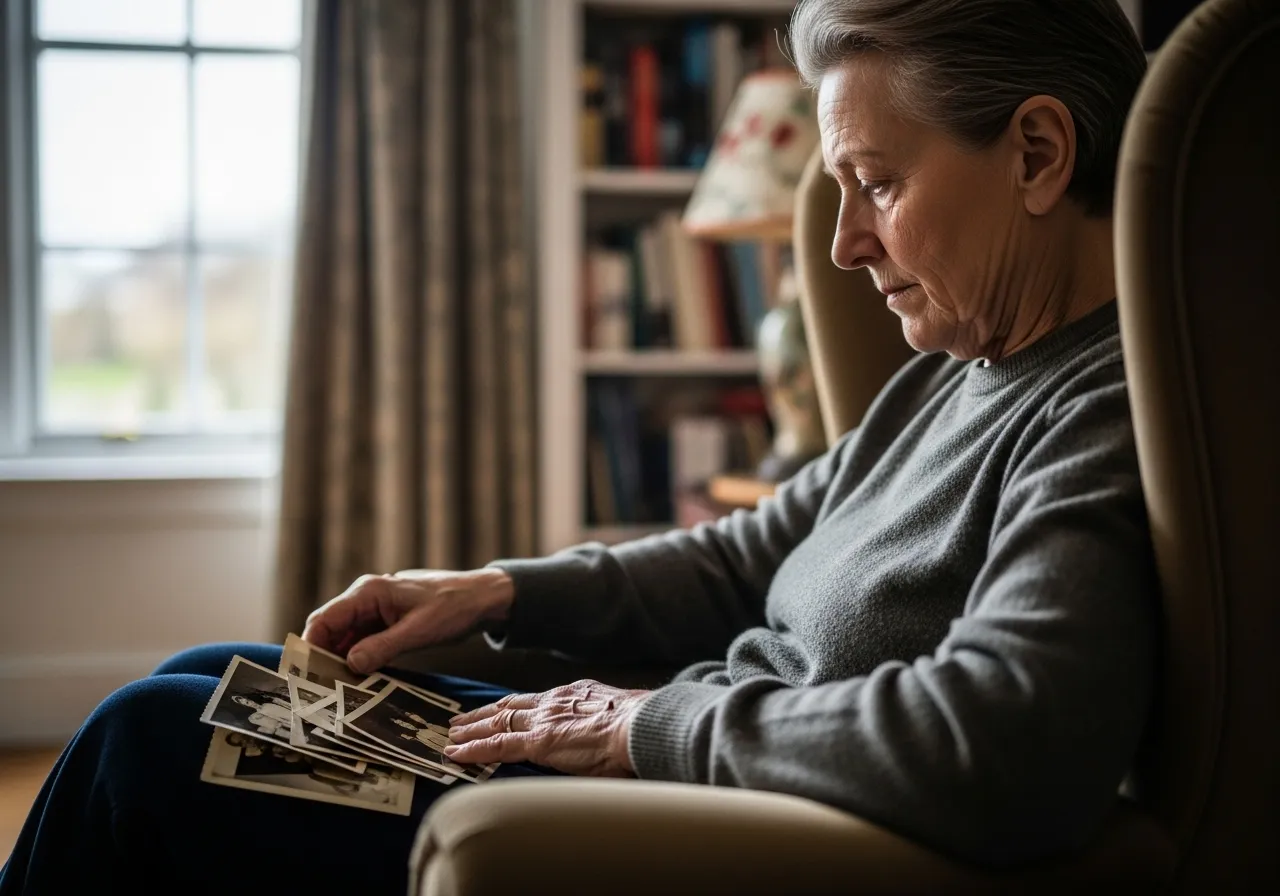
Navigating Your Journey with Safety and Self-Compassion
Exploring signs from a loved one can be a deeply healing part of the grieving process. However, because grief makes us vulnerable, it is essential to approach this journey with care for your emotional and financial wellbeing. The goal is to find comfort and connection, not to create more anxiety or fall prey to exploitation.
Be gentle with yourself. There is no right or wrong way to feel. If you are not experiencing signs, it does not mean your loved one has forgotten you or isn’t at peace. Grief, love, and connection are unique to each person. Sometimes, the absence of signs is simply a part of your path, inviting you to find connection within your own memories and the love that remains in your heart.
It is also crucial to be cautious of individuals or services that promise guaranteed communication with the deceased, especially if they charge large fees. Here are a few red flags to watch for:
Guarantees and Absolutes: Be wary of anyone who guarantees they can contact a specific person or who gives dire warnings and frightening information. Authentic spiritual guidance should be empowering and comforting, not fear-based.
High-Pressure Tactics: If you feel pressured to make a quick decision, buy expensive packages, or attend costly follow-up sessions, it is wise to step away. A reputable practitioner will respect your pace and your budget.
Creating Dependency: A healthy spiritual guide, counselor, or medium should empower you to trust your own intuition and connection. If someone encourages you to rely solely on them for answers or contact, that is a significant red flag.
Most importantly, exploring these spiritual experiences should never be a replacement for professional mental health support. Grief is a complex process that can sometimes lead to prolonged sadness, anxiety, or depression. Talking to a licensed therapist or grief counselor can provide you with essential tools and a safe space to process your feelings. Many resources are available, including those provided by the Substance Abuse and Mental Health Services Administration (SAMHSA).
Sample Conversation Opener: Starting a conversation with a professional can feel intimidating. Here is a simple script you could adapt: “I’m working through the grief of losing my [spouse/parent/friend]. Lately, I’ve been having some experiences that feel like signs from them. I’d like to talk about what these mean to me and how to navigate these feelings in a healthy way as part of my healing.”



